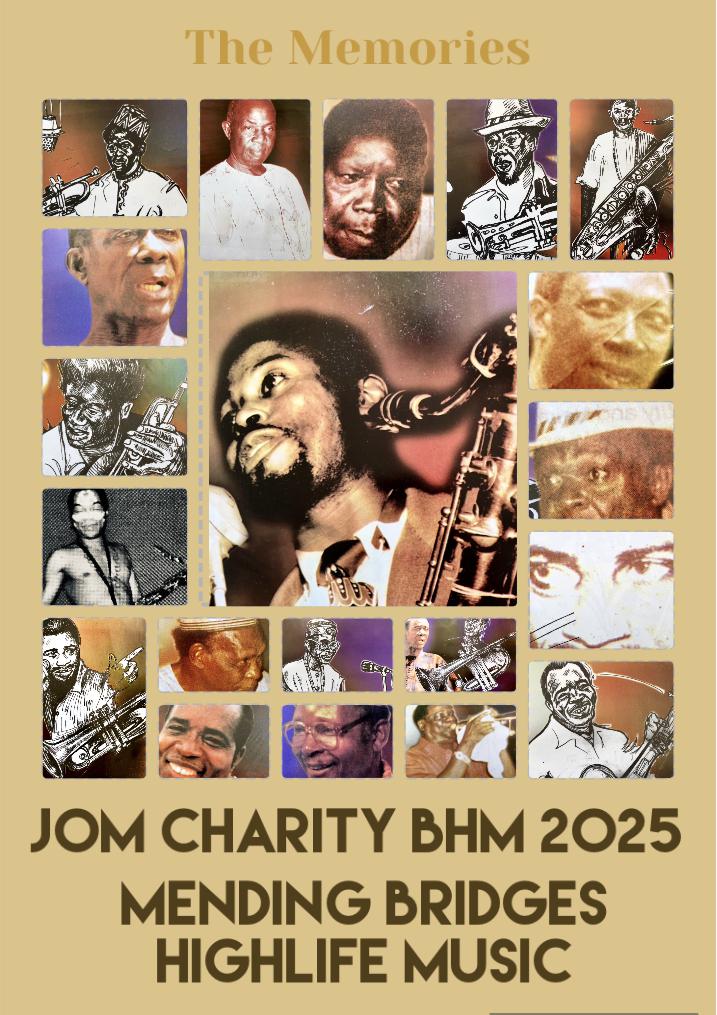JOM Charity (SCIO) in collaboration with the Coalition for Racial Equality and Rights (CRER)
Presents
“Bridging Worlds Through Music-: West African Legacies and the Sound of Highlife Music”
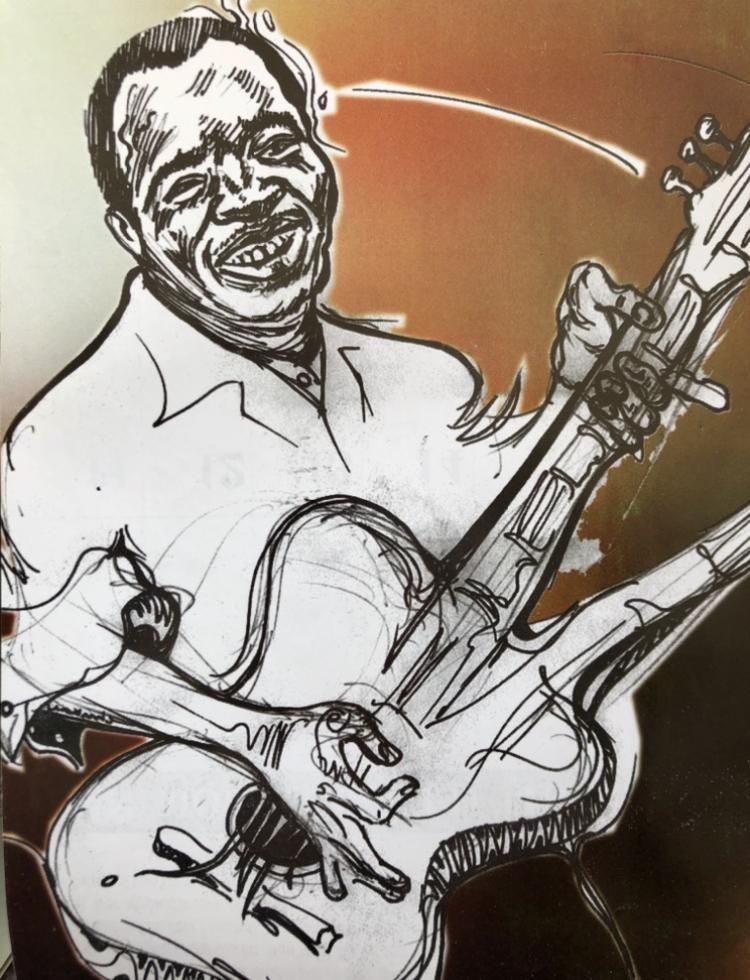
Victor Uwaifo
Colonial West Africa and the Scottish Musical Connection
The colonial era in West Africa, spanning from the late 1800s to the mid-20th century, deeply shaped the region’s identity. European powers—particularly Britain and France—asserted control, West Africans faced cultural suppression, resource exploitation, and forced migrations. Amidst these hardships, they preserved their languages, customs, and music, sowing the seeds of resilience and cultural pride.
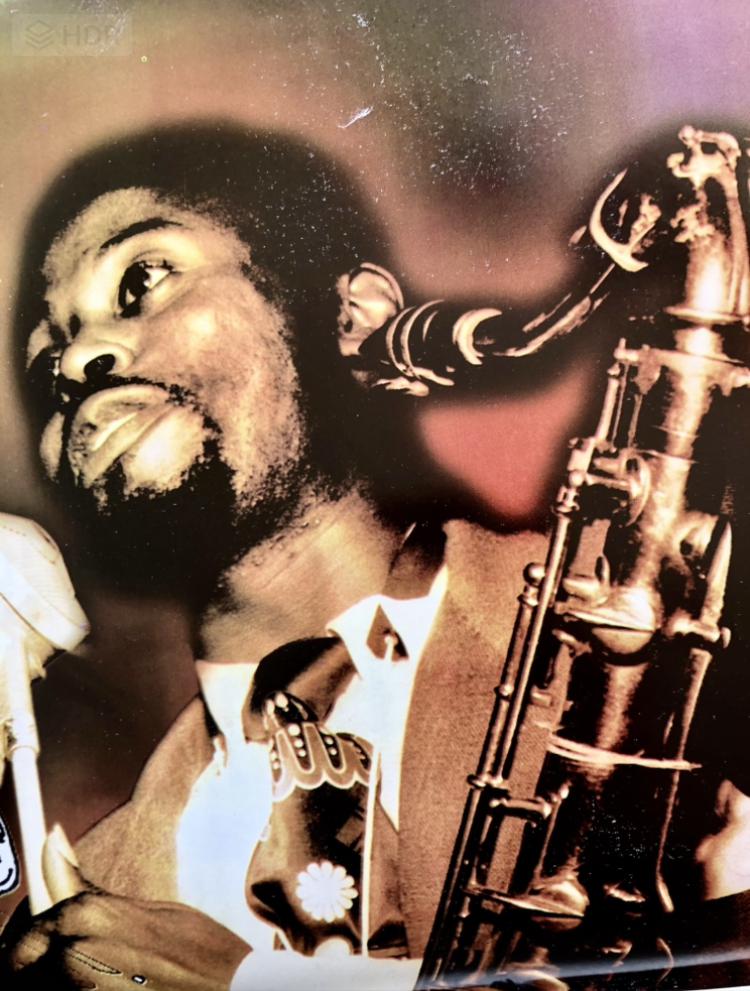
Bobby Benson
Scotland, though geographically distant, was never disconnected. From missionary ventures to colonial administration and trade, links between Scotland and West Africa were woven into the imperial tapestry. These ties extended into migration patterns: post-war Britain—including Scottish cities like Glasgow—became home to African students, families, and professionals seeking opportunity and refuge. These diasporic communities brought with them a vibrant cultural legacy, especially through music.
Highlife: The Music that Crossed Oceans
Born in the early 20th century from the palm wine bars and colonial military bands of Ghana and Nigeria, Highlife music is a fusion of African rhythms, Western harmonies, and Caribbean textures. It evolved into a vibrant genre that mirrored the shifting aspirations of colonized peoples—urban modernity, political awakening, and joyful self-expression.
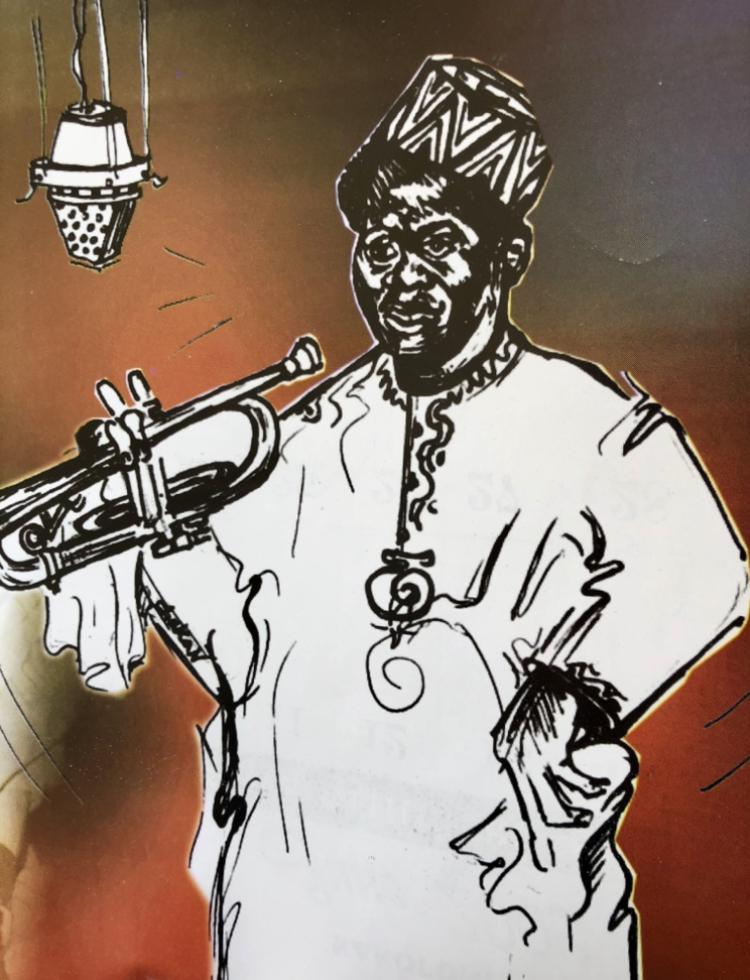
Bala Miller
In Scotland, as in London and Birmingham, Highlife became more than sound—it was a thread connecting migrants to home. Community halls in Glasgow echoed with guitar riffs and brass solos during social gatherings, student events, and cultural nights. Highlife music acted as a salve for homesickness and a celebration of shared identity. Its uplifting rhythms and lyrical storytelling united generations, transcending the pain of displacement and colonial legacy.
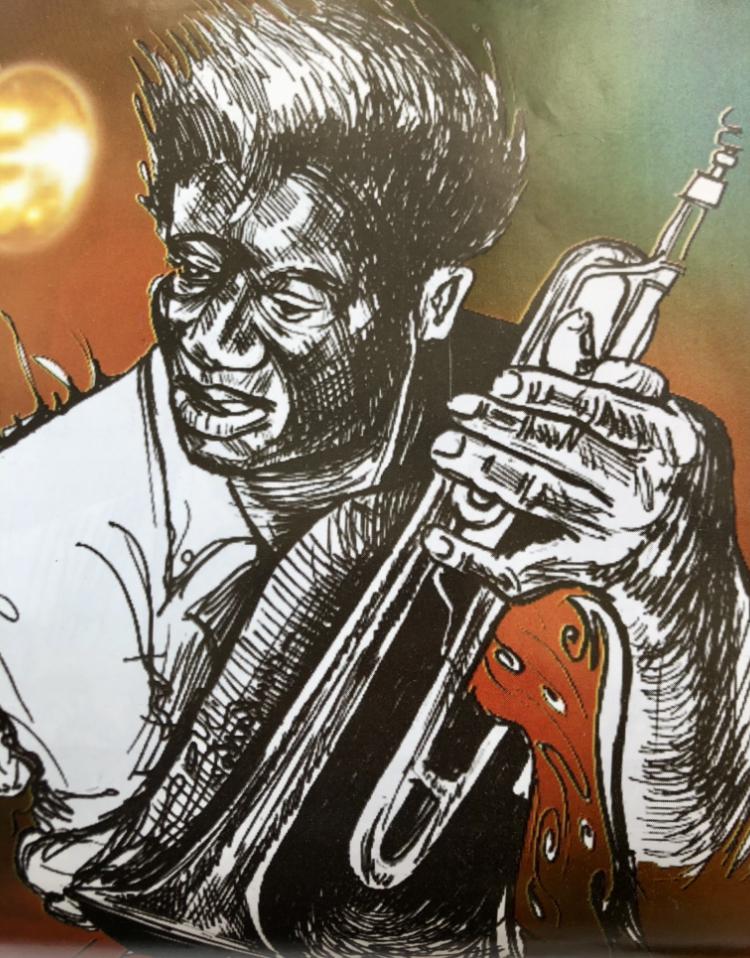
Victor Olaiya
Today-
Highlife continues to echo across Scottish community centres, Afro-heritage festivals, and intergenerational events, evolving alongside genres like Afrobeats and Afro-jazz.
African Contributions to Scotland’s Cultural Soundscape
Scotland’s multicultural identity has long been shaped by African diaspora voices, many of whom have used music and art to challenge exclusion and foster unity:
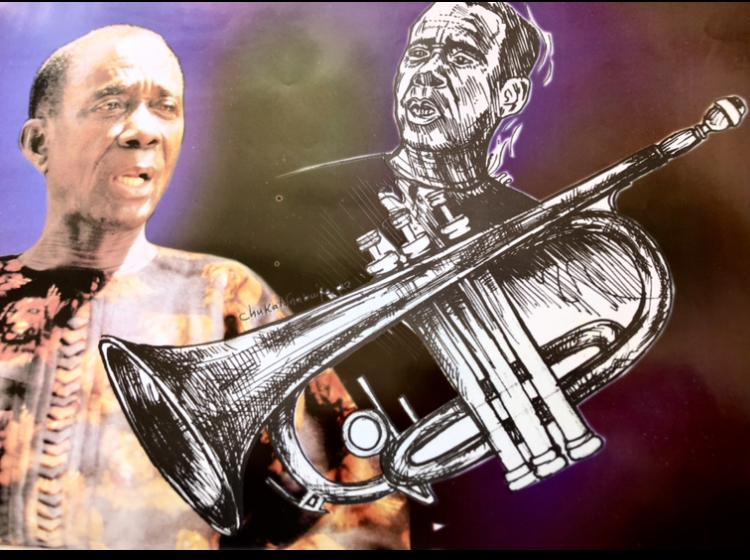
E T Mensah
• Glasgow’s vibrant Afro-Scottish cultural collectives have amplified Black British voices through Highlife, gospel, reggae, and spoken word.
• Local artists and students from West Africa have
organised cultural showcases, Afro-Caribbean dance nights, and music workshops across universities and civic venues.
Such spaces affirm the richness of Black Scottish identity and the ongoing dialogue between heritage and belonging.
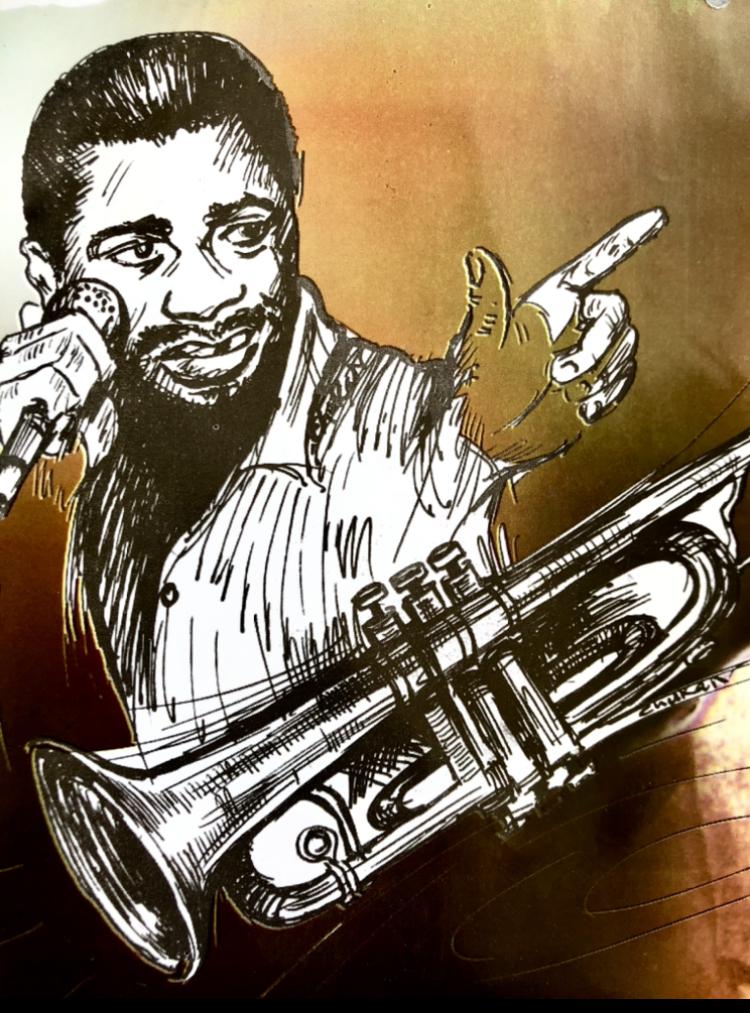
Jim Rex Lawson
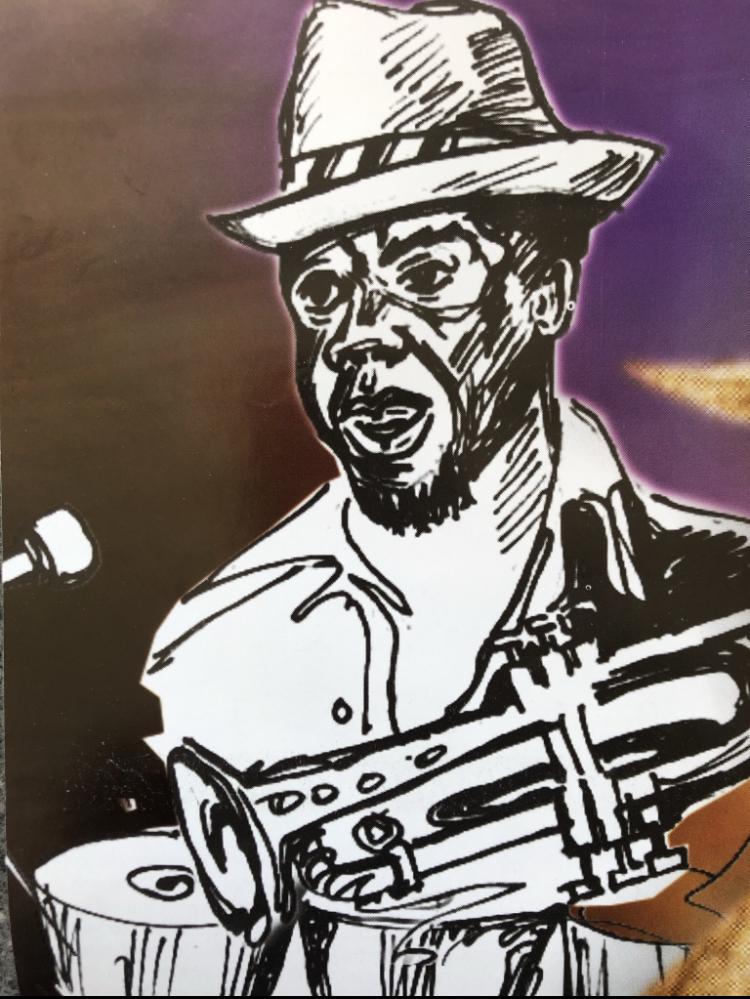
Eddy Okonta
Celebrated Musicians of African Descent in the UK
The UK has been blessed with artists whose roots trace back to West Africa and who continue to influence the global music stage:
• Skepta, Little Simz, Dave, Tion Wayne, and Ms Banks – Trailblazers in British rap, grime, and Afroswing with Nigerian heritage.
• Fela Anikulapo-Kuti, Darkoo, and Burna Boy (frequent UK performer with Nigerian roots) – Artists blending Afrobeats, soul, and pop to global acclaim.
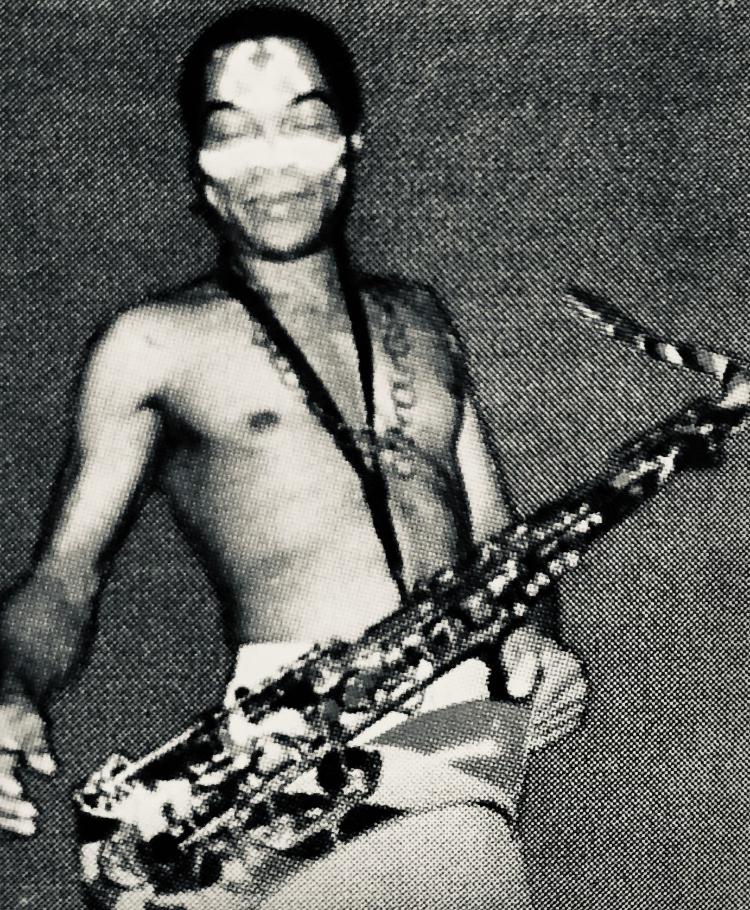
Fela Anikulapo-Kuti
Legendary and Contemporary Highlife Icons
From the colonial era to today’s international stages, these musicians have defined the sound of West Africa:
• E.T. Mensah (Ghana) – Often called the “King of Highlife,” his music celebrated Pan-African unity.
Chicago and Chief Stephen Osita Osadebe, Bala
Bobby Benson, Chris Ayilo, Victor Olaiya, Rex Lawson, Adeolu Akinsanya, Eddy Okonta, Roy Miller
amongst others (Nigeria).
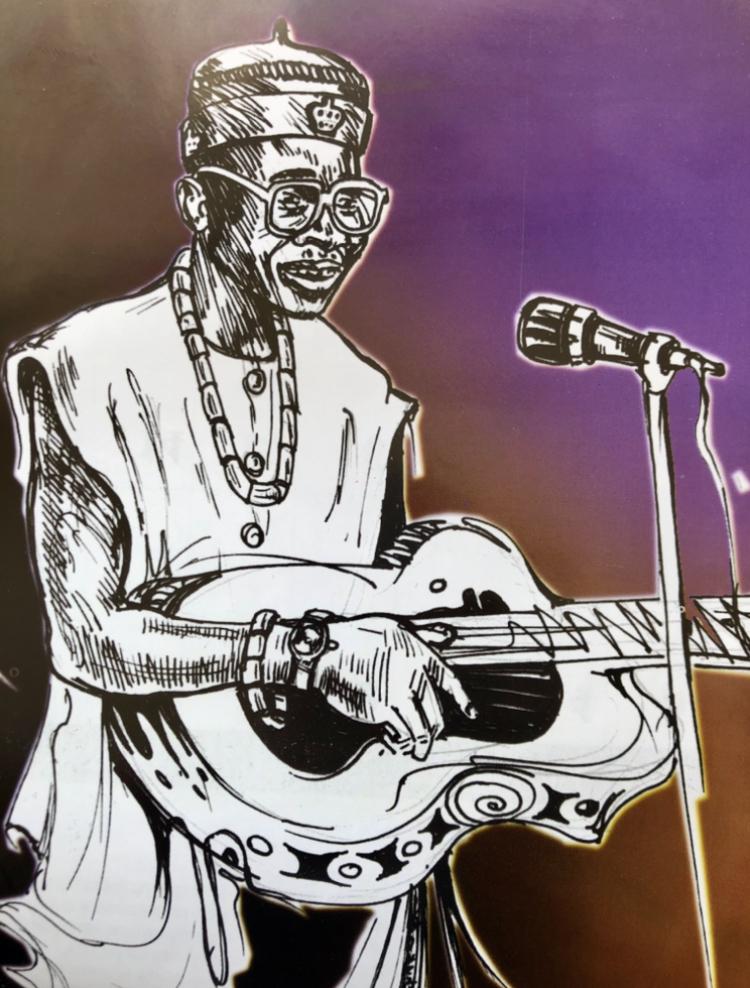
Osita Osadebe
- – Pillars of Nigerian Highlife who inspired diasporic fusion.
• Prince Nico Mbarga, Sir Victor Uwaifo, and Nana Ampadu – Storytellers, innovators, and visionaries.
• The Cavemen. (Nigeria) and Amandzeba (Ghana) – Modern-day artists breathing new life into the tradition.
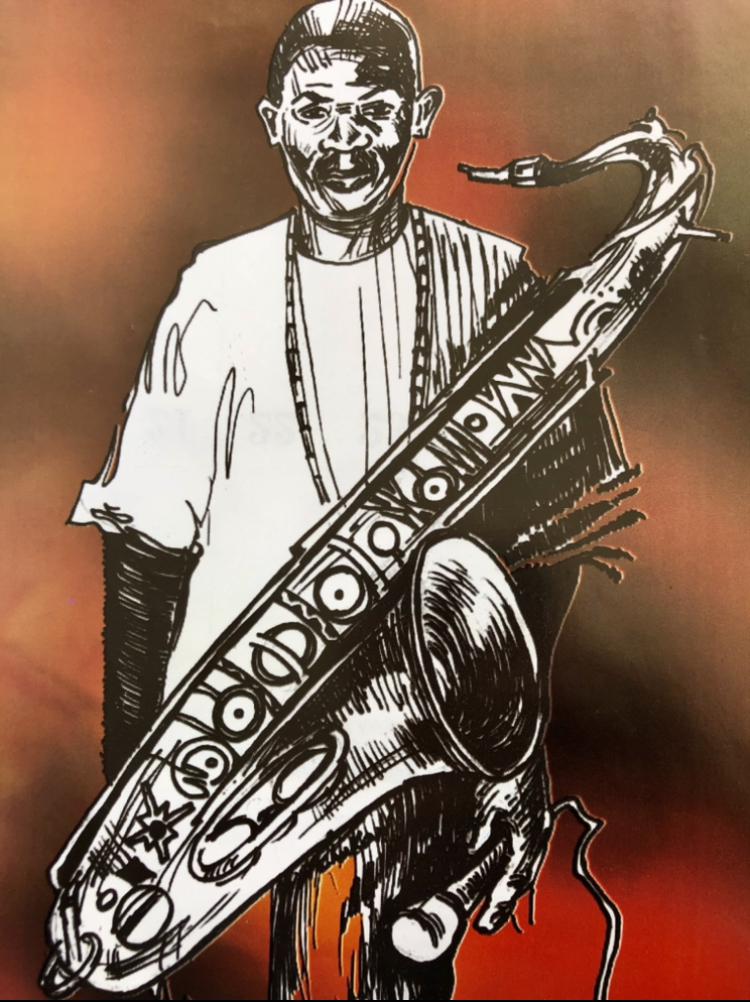
Chris Ajilo
Online and in-person at the Nigeria National Day Exhibition and JOM Charity Open Day
This Black History Month, JOM Charity (SCIO) 048839 and CRER invite you to explore the enduring legacy of West African music and culture in Scotland. Join us online www.jomcharity.com and in person on 1st October, 2025 at JOM Charity Heritage Centre, Milngavie for a celebration of Rhythm, Resilience, & Remembrance!
1st October 2025 | 10am – 2pm
JOM Charity Heritage Centre, 26A Station Road, Milngavie, Glasgow, Scotland G62 8AB
Artwork @ Sir Chuka Nnabuife
JOM Charity (SCIO) Scottish Charity No. SC048839 Registered Office: 26A Station Road, Milngavie, Glasgow, Scotland, G62 8AB
www.jomcharity.com
Coalition of Racial Equality and Rights is a Company Limited by Guarantee in Scotland No. 196218.
Scottish Charity No. SC029007 Registered Office: 8 John Street, Glasgow, G1 1JQ
